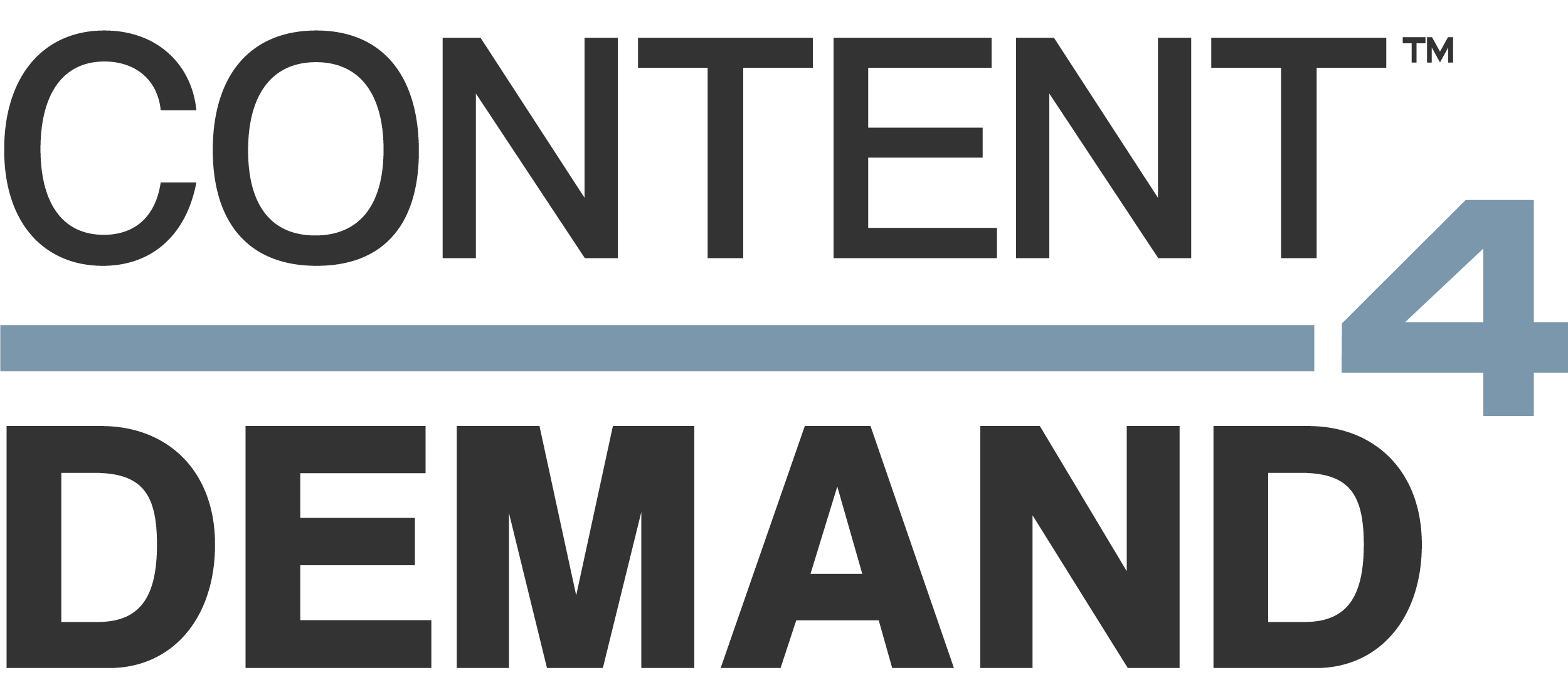Is it better to be a generalist or a specialist? This is a frequent point of contention in the business world—especially among experts specializing in professional development and career advice. If you ask your preferred search engine this very question, it leads you to about 1.2 billion results. There are even books touting very convincing titles, designed to point you in a specific direction. (See Range: Why Generalists Triumph in a Specialized World by David Epstein.)
Where’s Yoda when you need him?
Although the topic is extremely overwhelming, especially in this fast-changing landscape, there’s opportunity for you regardless of the route you take. Before we dig into how you determine that, let’s break down what generalists and specialists are, as well as the positives and negatives of each.
Generalist
- What it means: You are competent in several different fields or activities.
- The positives: You’re agile, quick on your feet and have an interest (and skill set) in a variety of different things, which can make you a fit for a range of roles and positions. It also means you can adapt well to a fast-changing industry or evolving business.
- The negatives: Because your skills go broad but not quite as deep, you don’t dig as deep into the weeds of specific disciplines. You may know just enough to be dangerous but could run into skill and knowledge gaps if you decide to go into a specific discipline.
Specialist
- What it means: You concentrate on a very specific field or tactic and are therefore highly skilled in this area. (Think SEO, content creation or sales enablement.)
- The positives: You’re in deep, studying and applying everything you learn about your discipline in daily work. Because you’re so focused, you can be deemed the in-house expert in your area. That means you’re extra valuable to your company.
- The negatives: It may be difficult to branch out into new areas, making you feel stuck if your discipline feels stale or no longer relevant to your goals. You also may run into some bureaucratic issues if your organization pivots its strategy and your division or discipline gets scaled back or cut completely.
Of course, this isn’t the full list of positives and negatives, but as you can see, they’re spread evenly, which leads me to believe there’s no clear right or wrong answer. In fact, I had the chance to interview Pam Didner for the B2B Marketing Exchange Podcast, and she dug into this very topic.
I was fascinated by her 17-year tenure at Intel, where she learned (and led) everything from supply chain to marketing operations and corporate events. How did she cover so much ground? Largely, she was enthralled by all of Intel’s moving parts and wanted to get more immersed in the business. But she doesn’t think this is the right move for everyone—there’s plenty of room for both generalists and specialists in the B2B world.
“You need to understand your passion and what you want to do,” Didner said. “If you want to climb the corporate ladder or be a VP of marketing, you need to understand multiple disciplines and be a generalist. But if you really enjoy podcasting and that is what you want to do, then you have to explore ways to expand upon that.”
If you decide to become a podcasting specialist, for example, that can lead to a multitude of developmental opportunities and career paths. You can hone your skills by learning video and audio editing; public speaking; interview skills; relationship/guest management; podcast marketing; podcast repurposing and strategy. All these skills are prized on their own or as part of a larger role. You can even decide to resell your expertise as a consultant.
A Hybrid Approach
I did some research to see if this was the consensus. From the employee perspective, this Forbes article sums it up nicely, indicating that employers will always need both, so you have to know the nature of the job and where your strengths lie.
“How you present yourself depends on your goals and the opportunity at hand, so you want to be able to show you are a specialist or generalist depending on the situation.” However, if you’re interviewing for a new job, you may want to show elements of both because “you have to be both deep (the specialist) but flexible (the generalist).”
To that end, some experts make the case for a hybrid approach in which you can either be a “generalizing specialist” or “specializing generalist” in your career path. According to Lev Kaye, founder and CEO of CredSpark, a generalizing specialist is someone who begins their career as a generalist but has in-depth knowledge in a particular area. Conversely, a specializing generalist is an expert in a specific field or discipline but also understands broader trends, technology disruptions or strategic implications. You simply lead with whichever you find aligns with your goals and vision for the future.
Keep Your Eye on Innovations
Since we’re in B2B, there is one caveat to this discussion. Certain industries face disruption and technological change faster than others. The marketing world is also facing constant change, with new technologies such as artificial intelligence (AI) bringing automation to the workplace. There may be specialists who become highly niche or irrelevant due to these innovations. Some platforms even have robots create ad copy based on past campaign data in order to improve efficiency and performance. So if your only area of focus is copywriting, for example, you may want to consider how you can expand your skill sets in order to adapt and evolve.
The gloom and doom of AI and technology disruption is only a small cloud. I believe there are more opportunities than ever for marketing professions to dig deeper into their passions or expand into new areas of discovery and growth.
As a self-proclaimed generalist, I personally have found my passion in content marketing strategy. While my job spreads across a multitude of projects and tactics, however, I do focus on one key thing: helping our brands tell relevant and compelling stories to their audiences, which requires extensive editorial and storytelling expertise.
How would you define yourself? Are you a generalist or a specialist? Share your thoughts on the pros and cons in the comments section below.



